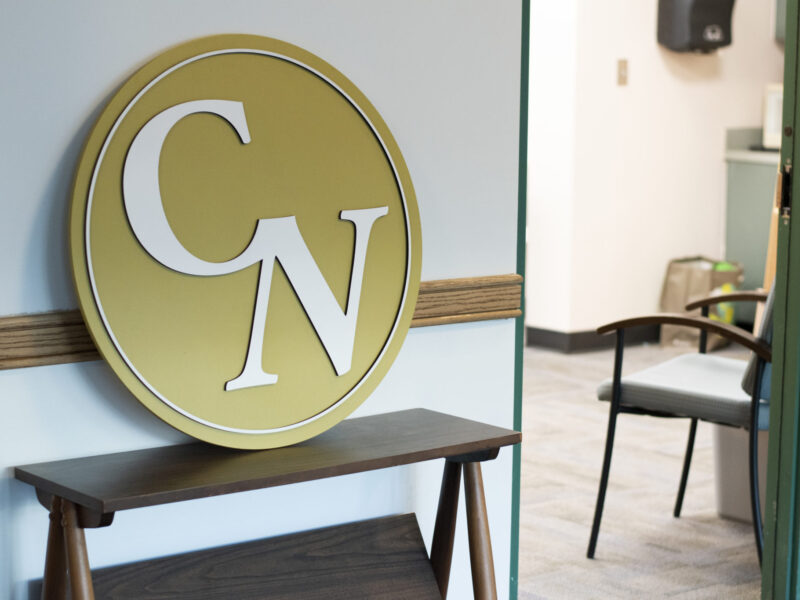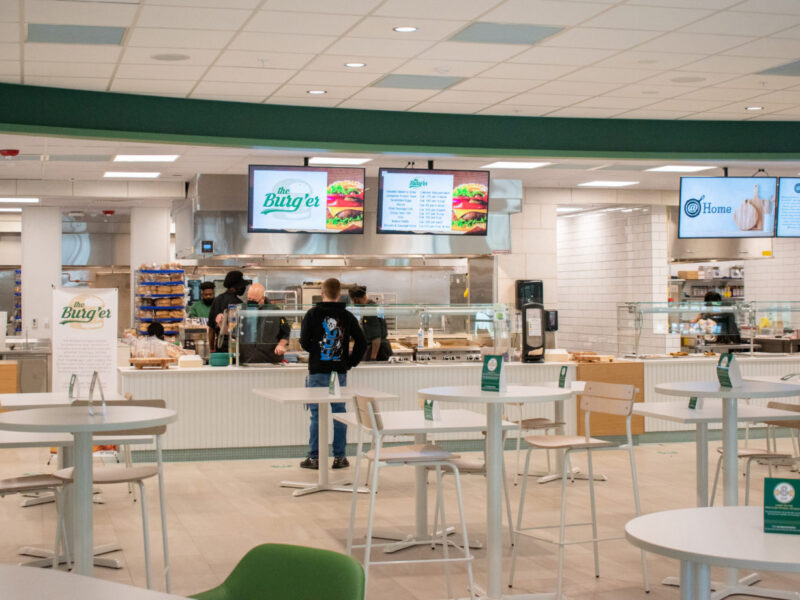The future of TRiO Support Services, a USF St. Petersburg organization that offers academic and personal support to first generation and low-income students, is uncertain.
The program is undergoing administrative processes to determine whether it will continue to stay on campus as is or as a renovated program available to more students.
The TRiO SSS program is funded by the U.S. Department of Education, which offers students academic and personal support. Students who are in low-income families or are the first to attend college in their immediate family may apply to the program. They are then selected based on their needs.
“Coming (to USFSP) was like a whole different culture and TRiO’s been there every step of the way and that means a lot to me,” said freshman Brooke Perez, a current TRiO member.
“TRiO is like family and community to me,” Perez said. “High school was difficult for me, not necessarily academically, but there was a lot going on that was rough to deal with.”The federal grants TRiO receives run on a five-year cycle and must reapply for another five years of funding in order to continue, according to Terrye Wilson, the director of the program.
Aug. 31 marks the end of TRiO’s fifth year after applying in 2010.
Just before the winter break last year, the program “began the reapplication process but discovered that the data needed in order to renew funding for 2015-2020 did not support the university’s demographics,” Wilson said.
The data needed to show a significant gap in academic performance between the university’s population and the first generation and low-income students to receive the grant.
Wilson went to Han Reichgelt, former regional vice chancellor of academic affairs, after this discovery and put in a proposal to receive at least a year’s worth of funding for the 2015–2016 school year from the university, and the possibility of bringing in more future students.
“I’ve proposed that we would accept students who struggled with having a low high school performance, but do not necessarily have to meet TRiO’s current requirements,” Wilson said.
The program, currently open to 200 students, would welcome an additional 50.
Things changed when Reichgelt resigned, leaving the program in uncertainty. The university has not yet said yes or no, according to Wilson.
If approved, the program would go from being federally funded to university-funded.
Gardiner Tucker, interim regional vice chancellor of student affairs, is responsible for influencing the direction of the program.
In order for first generation students and low-income students to be successful, according to Tucker, “it would mean trying new versions of programs to see what else can work well, while staying within our limitations. This requires the creativity of our team and students to figure this out, which is what we are currently doing.”
If the university moves forward with the plan “it will change the nature of the program, which is based on higher levels of supportive interaction than most students receive,” Tucker said.
Wilson, hoping to hear from the university later this month, has been actively searching for other grants to apply for to keep program-funding possible.


